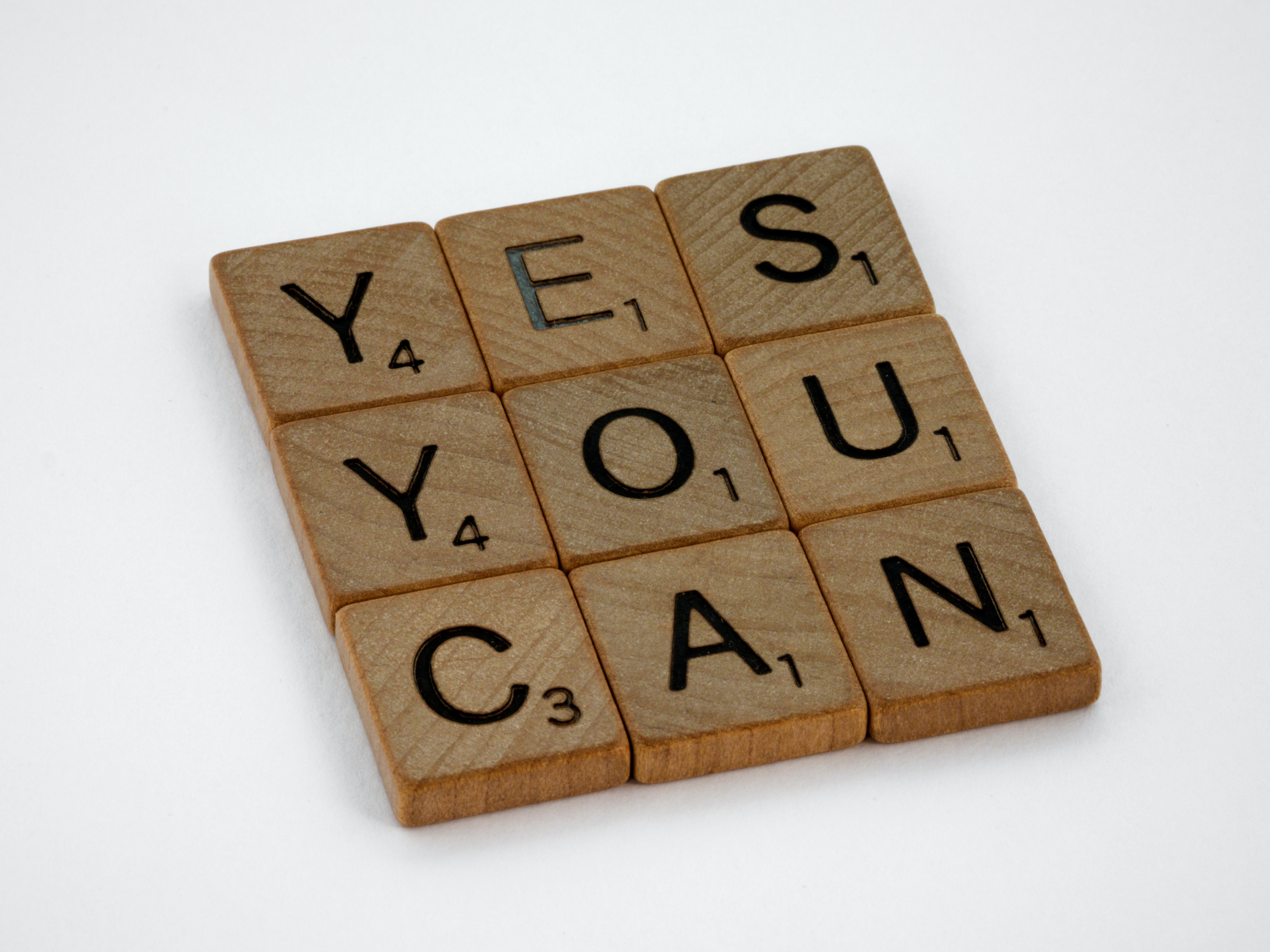You have the power to be resilient. You may not think you do, but it is within your grasp. If you’re like me, I’ve steadily nurtured my resilience. Experiences that would knock me down for a few weeks or months years ago, hardly puts a dent in me now.
Maya Angelou said, “I can be changed by what happens to me. But I refuse to be reduced by it.”
This quote resonates with me.
“Psychologists define resilience as the process of adapting well in the face of adversity, trauma, tragedy, threats, or significant sources of stress—such as family and relationship problems, serious health problems, or workplace and financial stressors.”*
Something that rings true for me is that “as much as resilience involves ‘bouncing back’ from these difficult experiences, it can also involve profound personal growth.” If it hasn’t become apparent yet, I admit to being big on personal growth. I think as the years pass, working on growing only strengthens relationships and wellness.
Resilience is not to be mistaken for a lack of caring, a pessimistic outlook, or regretting a decision.
When things get tough or swerve in a direction I could not have predicted, the first thing I do is step back and look at the big picture. I put the situation in perspective against major impactful moments in my life thus far. These “big picture” things could include death, distress, and really tough medical news.
By doing this, I am re-routing how much I allow things to consume me (my mind, time, and energy). Each of those three things are so valuable and have so much power over our wellbeing and life.
If you’ve gotten out of a disappointing situation, why let it impede you from moving forward to a better experience? The new plan need not to take place the next day per se, but why not allow yourself to process what you really want to do next. How can I improve this aspect of my life? What is important? What is a non-negotiable? It’s healthy to step forward with resilience and clarity.
When you allow something to bring you to a halt, alter your self-esteem or derail many things (especially unrelated to the matter) that are important to you (your health, exercise, friendships), you’re not utilizing your full potential of resilience.
It goes back to how you want to feel, what’s important to you in life, and what your goals are.

Getting unpleasant medical news is tough. It’s the last thing you want to hear. Letting it consume you can be so easy, almost natural.
I recommend: grabbing a journal, writing down what the doctor says, and writing down your end goal (to be able to spend much more time with your grandkids, to find a treatment option that will give you relief). Then chip away at reaching that goal, being resilient and understanding that there may well be ups and downs along the way.
It’s a go-to recipe for a better outcome.
Emotions will enter the picture. That’s normal. How you feel is valid.
That’s why your journal could be your lifeline. It keeps things in perspective. Visually seeing goals, steps achieved, and all that’s in-between has made a difference in my own health. It will continue to do so.
I wouldn’t suggest it if I hadn’t received benefits from journaling.
Resilience is really accepting what comes to you today. You accept the good, bad, and unknowns. Then you take all that and use the pieces to create a new, improved puzzle that adds happiness, improved health, and better alignment in your life.
Eyeing things from an analytical perspective can aid in building up your resilience. What I’ve found beneficial is putting emotions in one box, the facts in another. Truly separating the two and analyzing the matter at hand is helpful for me.
This really allows me to choose wisely, feel confident, and be resilient.
The American Psychological Association offers some helpful tips to build your resilience*:
- Retreat into self-care (sleep, hydration, exercise, down time)
- Practice mindfulness (journaling, meditation, yoga)
- Do not dive into the avoidance mindset (find solutions to work through stress and distress, don’t indulge in alcohol or push away feelings)
- Stay proactive (set goals and work on taking steps toward them)
- Embrace a positive mindset
- Remind yourself that change (good or bad) is part of our life journey
- Apply the lessons from your past to your future
- Ask for help (family, friend, counselor, pastor, support group)
These are great reminders for everybody. I hope you lean into these tips when you’re working through any health conditions, relationship issues, or professional stressors.
If you’re not already there, I hope one day you re-read this quote and think: “Absolutely.”
“Life doesn’t get easier or more forgiving, we get stronger and more resilient,” Steve Maraboli.
Resilience is up for grabs. It can be a positive player in your life. Why not work on building more personal resilience and reap the benefits?
*https://www.apa.org/topics/resilience
Coming next: We need friends and family for “life support”
Please consider sharing this article with family, friends, neighbors, coworkers. Let’s help each other reach optimal health.
